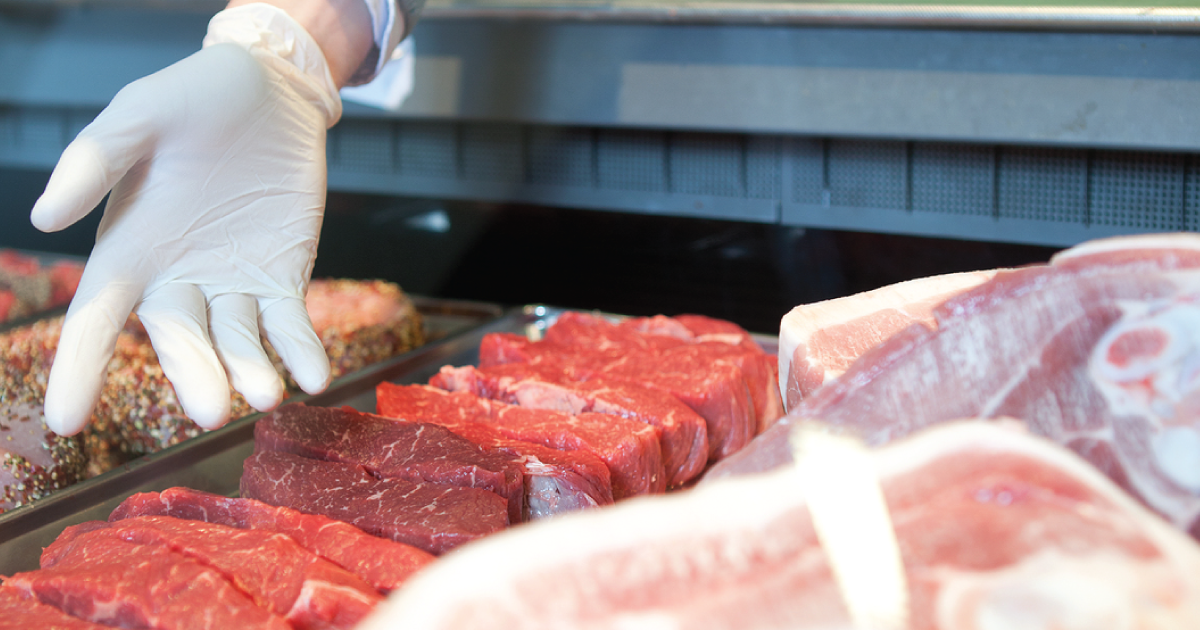
The Price of Plenty: How Beef Changed America
The meatpacking mogul Jonathan Ogden Armour could not abide socialist agitators. It was 1906, and Upton Sinclair had just published The Jungle, an explosive novel revealing the grim underside of the American meatpacking industry. Sinclair’s book told the tale of an immigrant family’s toil in Chicago’s slaughterhouses, tracing the family’s physical, financial and emotional collapse.
May 7, 2019 | Source: The Guardian | by Joshua Specht
Exploitation and predatory pricing drove the transformation of the US beef industry – and created the model for modern agribusiness.
The meatpacking mogul Jonathan Ogden Armour could not abide socialist agitators. It was 1906, and Upton Sinclair had just published The Jungle, an explosive novel revealing the grim underside of the American meatpacking industry. Sinclair’s book told the tale of an immigrant family’s toil in Chicago’s slaughterhouses, tracing the family’s physical, financial and emotional collapse.
The Jungle was not Armour’s only concern. The year before, the journalist Charles Edward Russell’s book The Greatest Trust in the World had detailed the greed and exploitation of a packing industry that came to the American dining table “three times a day … and extorts its tribute.”
In response to these attacks, Armour, head of the enormous Chicago-based meatpacking firm Armour & Co, took to the Saturday Evening Post to defend himself and his industry.
